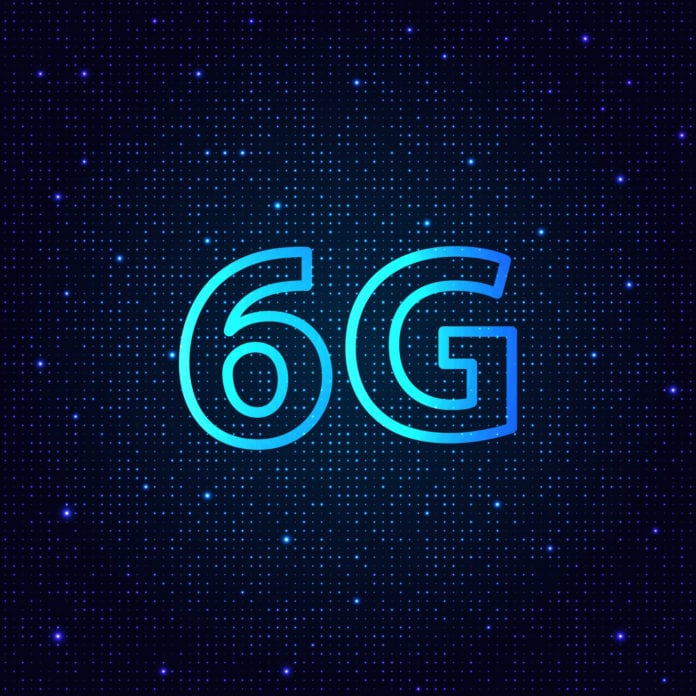South Korea aims to deploy the world’s first commercial “6G” network in 2028, and announced a program to develop the core standards and technologies within the next five years, local newspaper Aju Business Daily reported.
The Korean government unveiled a five-year plan to spend some 220 billion won ($193 million) on the development of core technologies for 6G — which has not yet been standardized — while stepping up joint research and cooperation with the United States, according to the report.
“As the next-generation mobile network is the foundation of digital innovation, we should play a bold and challenging role together to lead the international market in the 6G era based on our experience and know-how in the network field,” Science and ICT Minister Lim Hye-sook said.
Also, with the aim of carrying out joint research in 6G technologies, the Institute for Information communication Technology Planning and Evaluation (IITP), a state body affiliated with the Korean Ministry of Science and ICT, inked a deal with the National Science Foundation (NSF), a U.S. agency that supports research and education activities in the fields of science and engineering.
In April, Korean tech giant LG said it had partnered with U.S.-based test and measurement firm Keysight Technologies and the Korea Advanced Institute of Science & Technology (KAIST), with the aim of carrying out research on future 6G technologies.
Under the terms of the agreement, the three partners agreed to cooperate in developing technologies related to terahertz frequencies, widely seen a key frequency band for 6G communications, which have not yet been standardized. According to the report, they aim to complete 6G research by 2024.
LG also noted that future 6G technologies will provide faster data speed, lower latency and higher reliability than 5G, and will be able to bring the concept of Ambient Internet of Everything (AIoE), which provides enhanced connected experience to users.
The Korean firm established a 6G research center with KAIST in 2019 and also signed an agreement with the Korea Research Institute of Standards and Science last year to study 6G technologies.
Earlier this month, the Finnish 6G Flagship research program coordinated by the University of Oulu and the Beyond 5G Promotion Consortium of the Japanese Ministry of Internal Affairs and Communications have signed an agreement for joint collaboration in the field of as-yet-unstandardized “6G” technologies.
The two parties agreed to cooperate in the research and development of future 6G technologies.
In addition, the goal of this partnership is to contribute significantly to the global standardization and regulatory development of 6G technology.
Many other countries, including China, the European Union, and the United States have also launched projects, programs, and alliances to shape the 6G framework and main business focus. In February, a 6G research project involving major European operators was announced, while U.S. carriers had previously committed to the Next G Alliance, a group established with the main goal of defining 6G technology.

